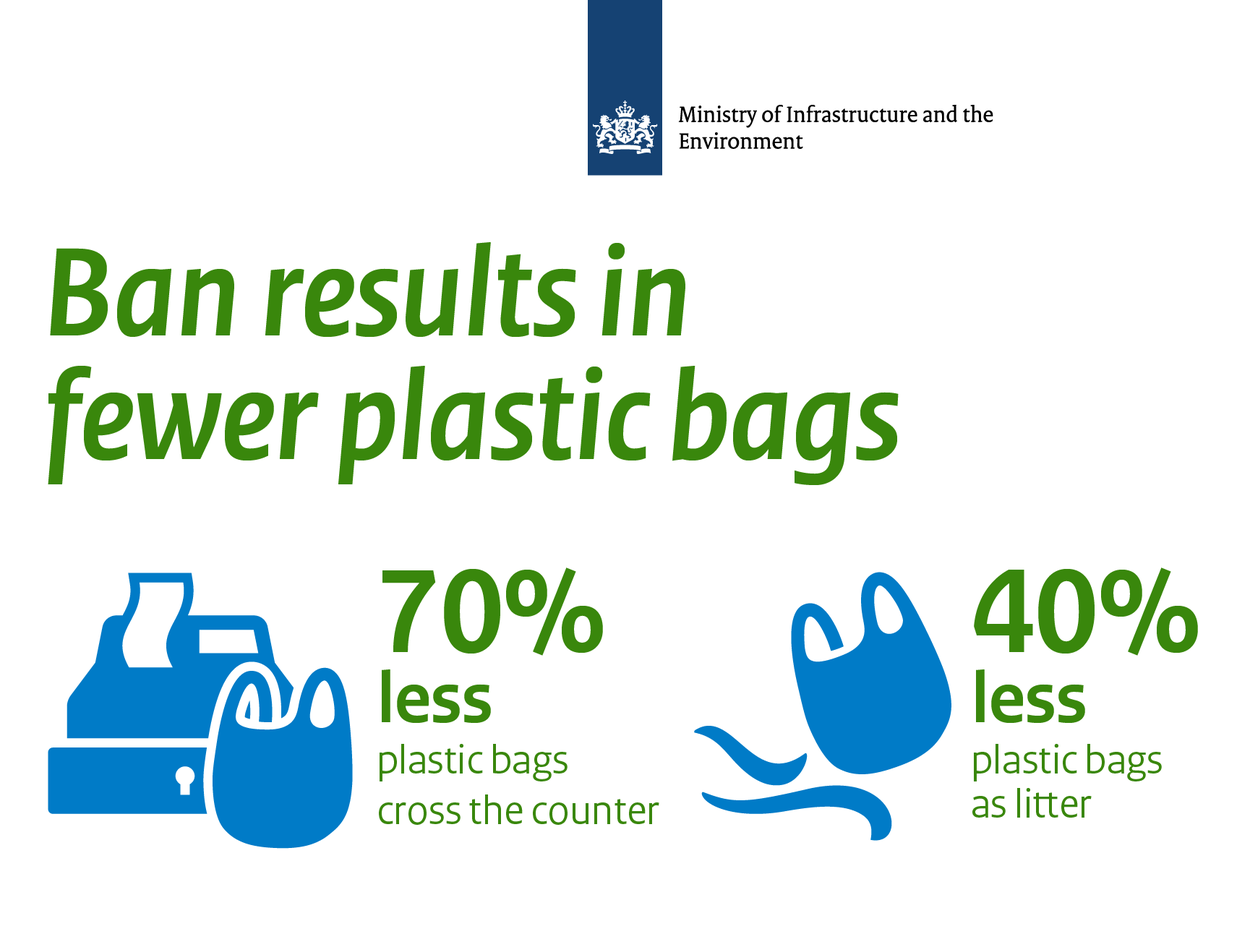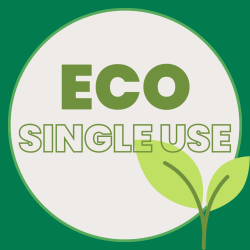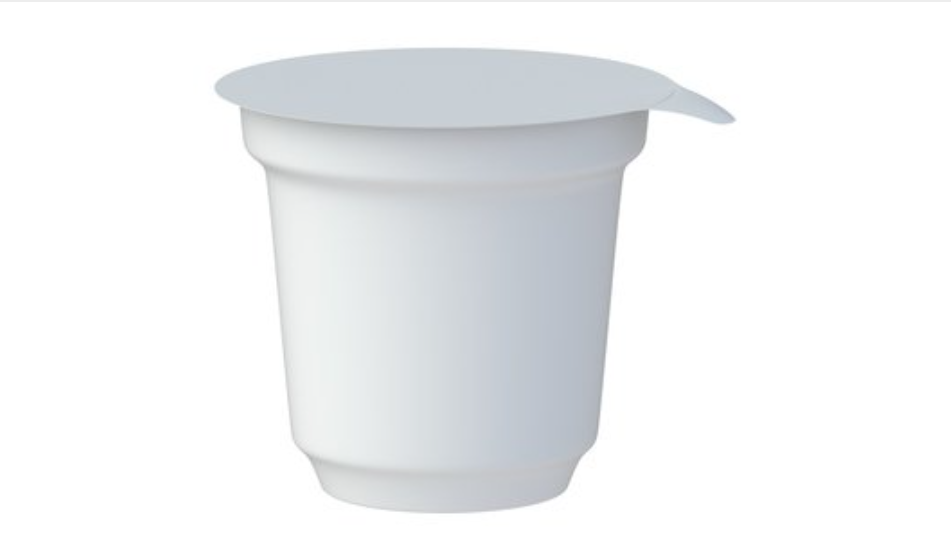Single-use plastics: these are the rules

The Duch government is taking measures to reduce single-use plastics. As a producer, you sometimes have to pay for cleaning up litter. And customers have to bring their own containers, or pay extra for disposable ones. Read what the present and future rules are per product group. And what it means for your company.
Why measures against single-use plastics?
Plastic waste is increasingly ending up in nature and seas (plastic soup). This is bad for the environment. It makes fish and other animals ill. Several rules are in place to reduce the plastic soup. Such as the EU Single-Use Plastics (SUP) guidelines. These are also in effect in the Netherlands.
Rules for disposable plastic cups and food packaging
These are the rules for the use of disposable plastic cups and food packaging.
- Customers have to pay for disposable plastic cups and food packaging when they take out or have food or drink delivered. This includes plastic bags.
- You have to offer a reusable alternative for the single-use cups and containers.
- There is a complete ban on on-site use of disposable plastic cups and food packaging since 1 January 2024.
Ban on free plastic bags
You are not allowed to give your customer a free plastic carrier bag. Your customer has to pay. Free bags made of reusable materials, such as paper or fabric, are allowed. There are some situations in which you are allowed to give a thin plastic bag, for example to protect unwrapped foodstuffs.
Ban on the sale of single-use products
Since 3 July 2021, there are a number of disposable plastic products you may no longer market. Examples are plates, cutlery, stirrers, straws, and Q-tips made of plastic or bioplastic. You must also print a marking on the product or on the packaging for certain products.
Producers pay for cleaning up plastic litter
The extended producer responsibility (EPR) applies to a growing number of plastic products such as cups, containers, and carrier bags. This means that as a producer, you contribute to the collection of the waste and the clearing up of litter. You pay a fixed rate. You also have to encourage your customers to dispose of plastics responsible and to prevent littering. The EPR is being introduced gradually.

Rules for bottles and beverage packaging
The caps on bottles and beverage containers must remain attached during use. This rule will take effect on 3 July 2024.
It does not apply to:
- bottles and beverage packaging for medical use, and
- bottles and beverage packaging of more than 3 litres.
From 2025: bottles made from recycled material
- From 2025, 25% of the material of a PET bottle (polyethylene terephthalate) must consist of recycled material.
- From 2030, 30% of the material of all bottles must be recycled.
The exact effective date of these rules is not yet known. The European standardisation body is still working out exactly what conditions the products must meet.
Deposit on small plastic bottles and cans
Since 1 July 2021, small plastic bottles for soft drinks and water have been subject to a deposit (statiegeld). Read more about this at statiegeldnederland.nl
A deposit on cans for water, soft drinks, beer, and other low alcoholic drinks is in place since 1 April 2023. A deposit of at least €0.15 (15 cents) is charged on every can.
(Source: Netherlands Chamber of Commerce, KVK, Netherlands Enterprise Agency, RVO, Rijkswaterstaat




